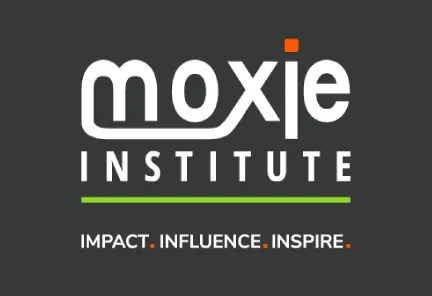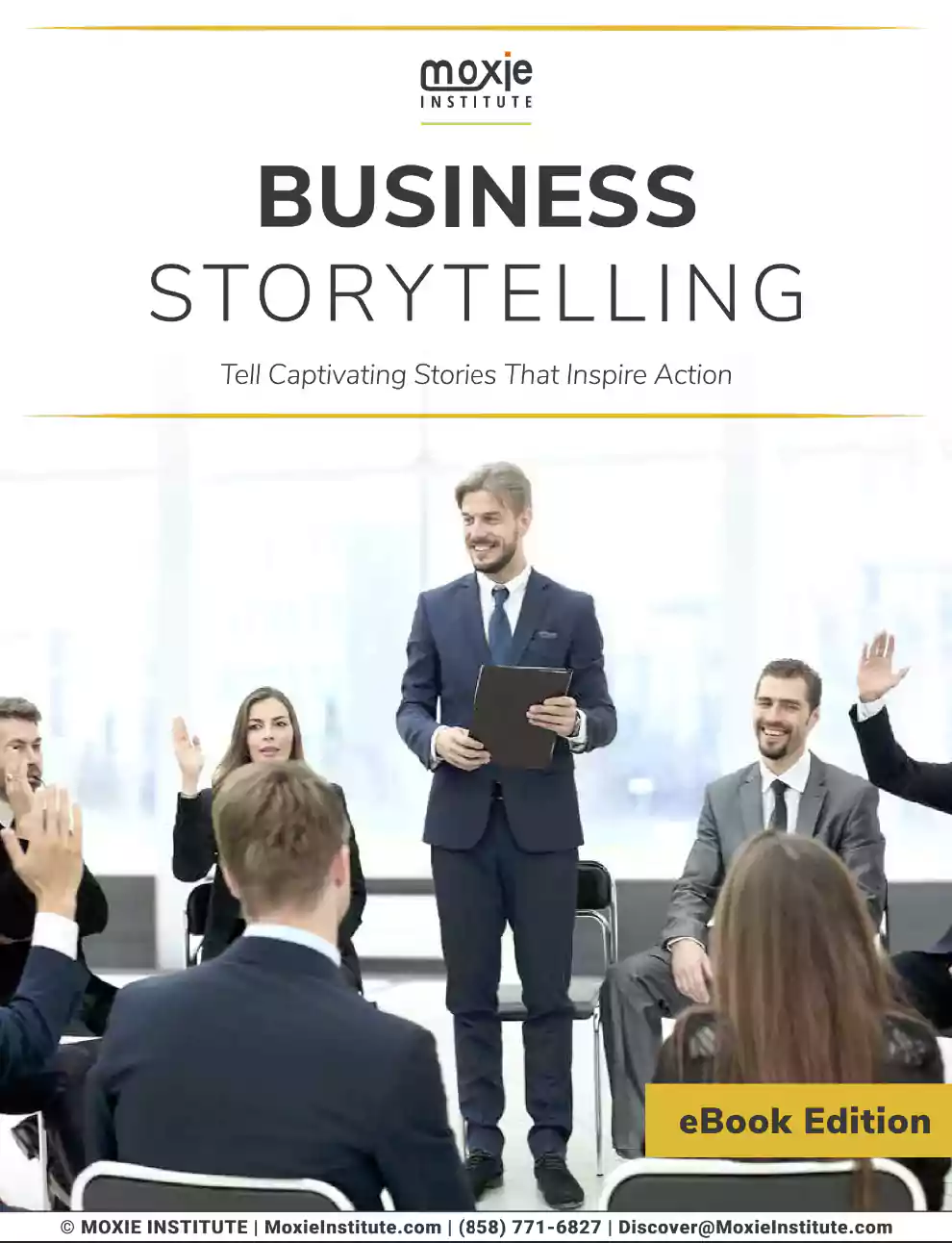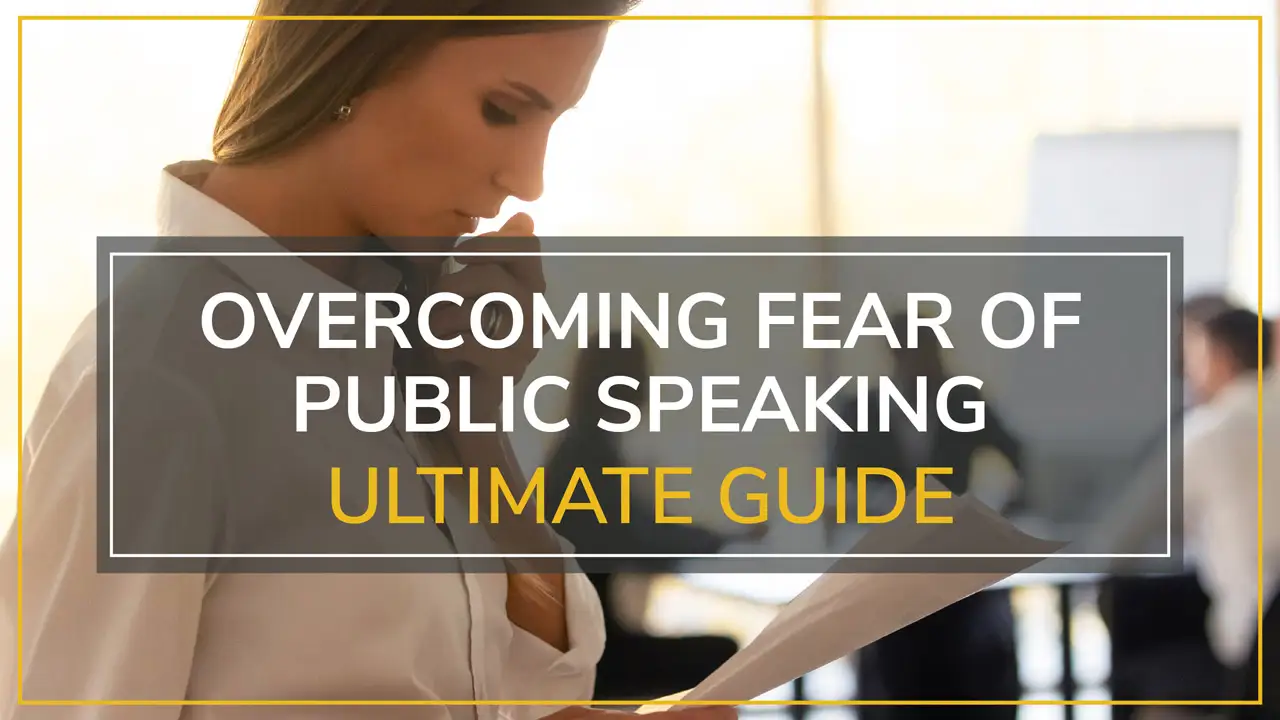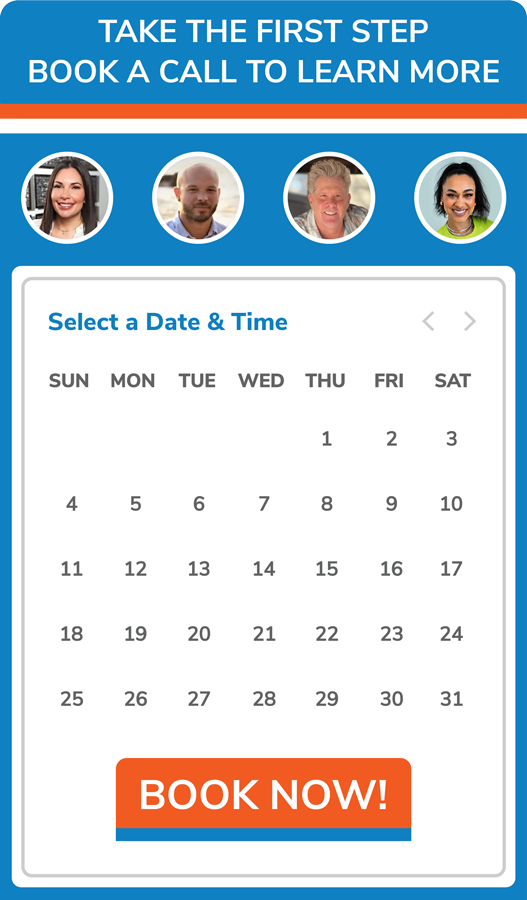It’s no secret that most folks loathe having to speak in public. Many CEOs and even Warren Buffett admits to struggling with fear.
But what if you could move past the fear and actually enjoy the experience?
It’s a wild suggestion, I know. But I’m here to convince you that by adjusting your mindset, you can move from loathing that presentation to loving it.
The Risks.
Why would anyone skydive? It’s terrifying: you can’t breathe, you’re unprotected, and your blood pressure is, well, stratospheric.
Why subject yourself to such strain?
For the payoff. For the feeling of freeing yourself–if only just for a moment–from the grip of the earth below.
It’s all about your state of mind. Presenting, it turns out, is a lot like skydiving: the physical sensations are often the same! But delivering a speech is not only safer; it’s infinitely richer in reward.
An invitation to speak–to a TED audience, a board of directors, or a Rotary Club–gives you a handful of moments to enrich the lives of others. For just a few minutes, instead of falling, you’ve been given the chance to lift others. What a gift!
As it turns out, though, that gift involves risks. Presenting is risky. Some speaker coaches will tell you to ignore your fear or act like you’re invincible. At Moxie we’ve found that rarely works in practice. Don’t ignore your fears and the risks of the moment; lavish in them and enjoy yourself!
ACKNOWLEDGE THE ANXIETY.
Even the most seasoned speakers get nervous before a big speech. Instead of focusing on the fear, though, I like to tell clients to walk into it, to channel it into an energy unsurpassed in power.
Sure, you’re thinking, but what’s that mean in real life? It means forgetting about what people think of you and attending to your message instead.
Focus on your creation, not its reception.
Actors know that effective performance requires training their attention on their objective–what they want to accomplish–rather than on what’s happening inside; either inside their own mind or trying to guess what’s happening in the minds of others. Your objective in speaking is sharing the gift you’ve brought to your moment: your message.
No one has said this better than Brendon Burchard: “The journey to greatness begins when our deep desire for comfort and ease is overpowered by our desire to connect and contribute.” There will be discomfort–it’s like skydiving, remember?–but the reward is often a life-changing connection with your listeners.
Isn’t that worth it?
UNDERSTAND VULNERABILITY IS POWER.
When you’re speaking you’re vulnerable. There’s no denying it. You could be laughed at, snored at, heckled, walked out on, or just plain ignored.
But look at the other side of the equation: the chance for a moment to mentally connect–to get as close as human minds can get–with a room of those who want to hear what you have to say.
Instead of covering up our vulnerability, let’s embrace it. It’s long past time we talked about imagining folks in their underwear. Silly tricks like that only make it harder to stay in the moment, to stay present.
Your instincts will tell you to put up emotional walls, to hide your feelings, to protect yourself. But that wastes precious time and energy that, when you’re in front of an audience, you just can’t spare.
Drop your guard to connect. I love how Brené Brown puts it: “Vulnerability sounds like truth and feels like courage. Truth and courage aren’t comfortable, but they’re never weakness.”
Vulnerability feels risky. It’s tough to deliver a message when the stakes feel high. But the stakes are high because you’ve been given this instant to change things, and all that requires is accepting and working with your unease.
In the end, that’s what performance is all about. It’s stepping forward when called, even when that’s the last thing you’re comfortable doing.
EXPRESS GRATITUDE.
Psychologists are constantly finding new ways in which gratitude makes us healthier, happier, and more resilient.
The same is true in presentations. Walking into your speech with a spirit of gratitude will calm your nerves and put you in just the right mental space.
Be grateful for a world prosperous enough for you to devote your time and money and energy into this speech. Be grateful for the physical gifts you’re putting to work. And be thankful that all those people in the audience–with thousands of notifications on their phones, and lists to write, and articles to read–are giving you their attention, in order to change their lives.
With that kind of mindset, you can’t help but enjoy yourself.









